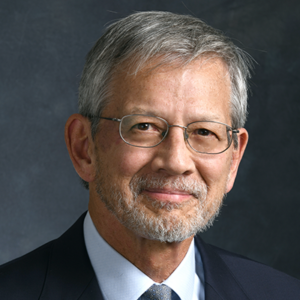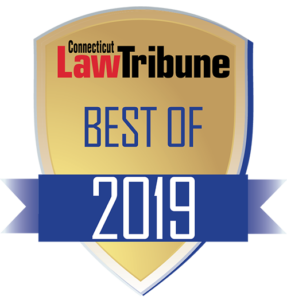Leeland Cole-Chu retired in 2022 after ten years as a Judge and Trial Referee of the Connecticut Superior Court. His assignments included nine years in the Civil Division in the New London and Windham judicial districts and a short stint in the Criminal Division. Judge Cole-Chu’s civil assignment duties included numerous trials and settlement conferences. He is currently practicing law on a part-time basis focusing on contract negotiations.
Lee has written 2000 pages of rulings as a civil division judge, including Lewis v. Clarke. See App. B, p. 18a, Petition for Certiorari, https://www.scotusblog.com/wp-content/uploads/2016/06/15-1500-Petition.pdf; see, Lewis v. Clarke, _ U.S. _, 137 S. Ct. 1285, 197 L. Ed. 2d 631 (2017), where his ruling was upheld.
Prior to his judicial appointment, he practiced for 28 years in Connecticut, starting at Wiggin & Dana and then with his own firm/s.
While at Wiggin & Dana, he succeeded in two trials where his cases were decided by the state Supreme Court* His firm’s cases also included other important decisions**
Lee’s non-litigation clients included Pfizer, Inc. (proposed $37M joint venture with UConn), Mansfield Downtown (helping plan $175M Storrs Center), and the developer of Shaw’s Landing (luxury condominiums in New London).
Prior to coming to Connecticut, Lee clerked for the Presiding Judge of the San Francisco Superior Court (1978-79), and was in private practice for several years in San Francisco.
Lee’s pro bono work includes being member (1979-1981) and Chair (1980-1981) of the San Francisco Rent Stabilization and Arbitration Board.
In Connecticut, his pro bono work continued as a member of three Salem Charter commissions (1988-1989, 1990, & 2003-2004). He has been a member (2005-2011) and Chair (2007-2011) of the Representative Advisory Board to the Southeastern Connecticut Water Authority and a member and Chair (2006-12) of the Salem Zoning Board of Appeals.
Lee twice appeared, pro bono, before hearing officers of the Special Master overseeing the Sept. 11 Victim Compensation Fund.
Judge Cole-Chu received an A.B. degree from Harvard University, a M.A. in Urban Studies degree from Occidental College, and a J.D. degree from the University of San Francisco School of Law and is a member of the American, Connecticut and New London County Bar Associations.
*Caulkins v. Petrillo, 200 Conn. 713 (1986) (seminal case on the state Home Improvement Act) and Texaco v. Golart, 206 Conn. 454 (1988) (specific performance of 20-year-old option to buy land).
**Norwich v. Housing Authority, 216 Conn. 112 (1990) (challenge to city’s powers), won at trial and on appeal; Chester v. Willey, 4 Conn. L. Rptr. 161 (1991) (citizens’ privilege to complain about attorneys); and FDIC v. Roberti, 201 B.R. 614 (Bankr. D. Conn. 1996) (default judgment debt including treble damages nondischargeable).


